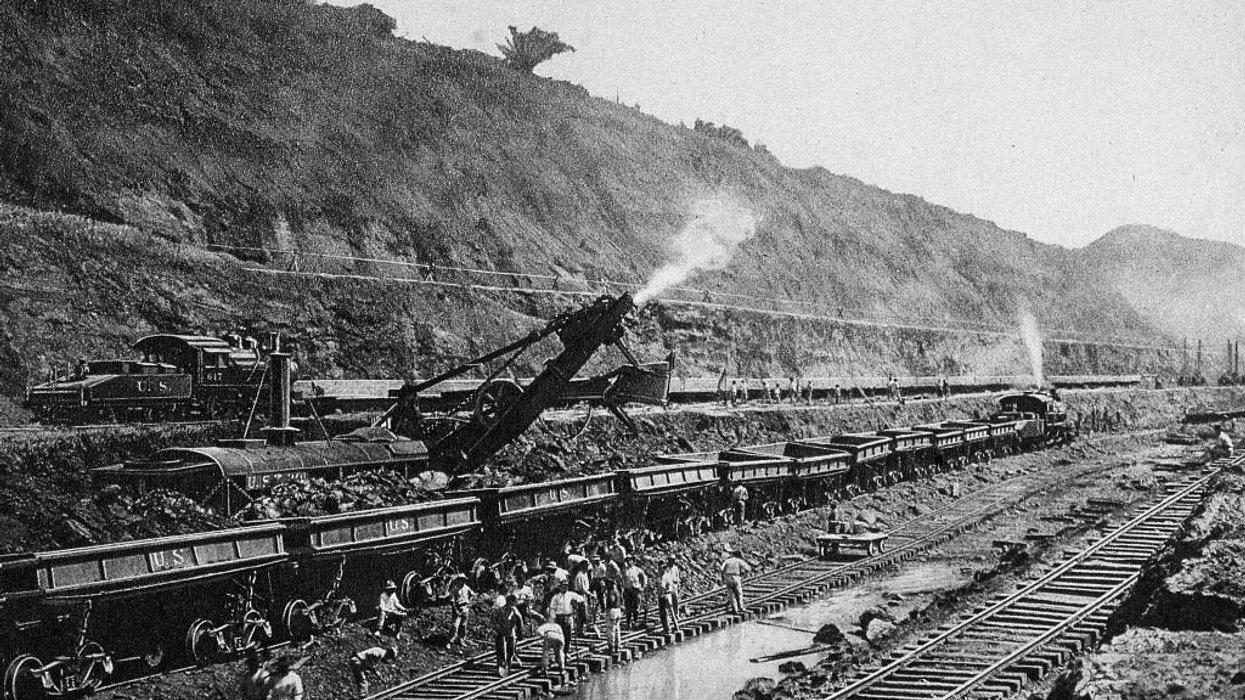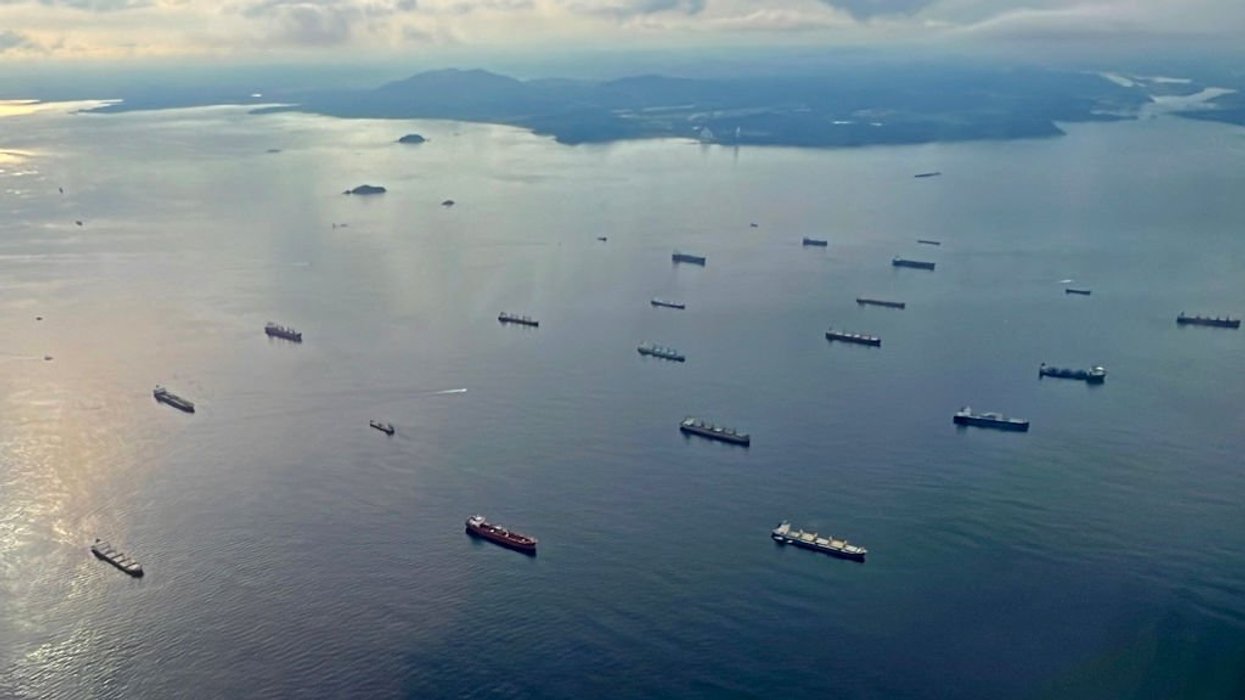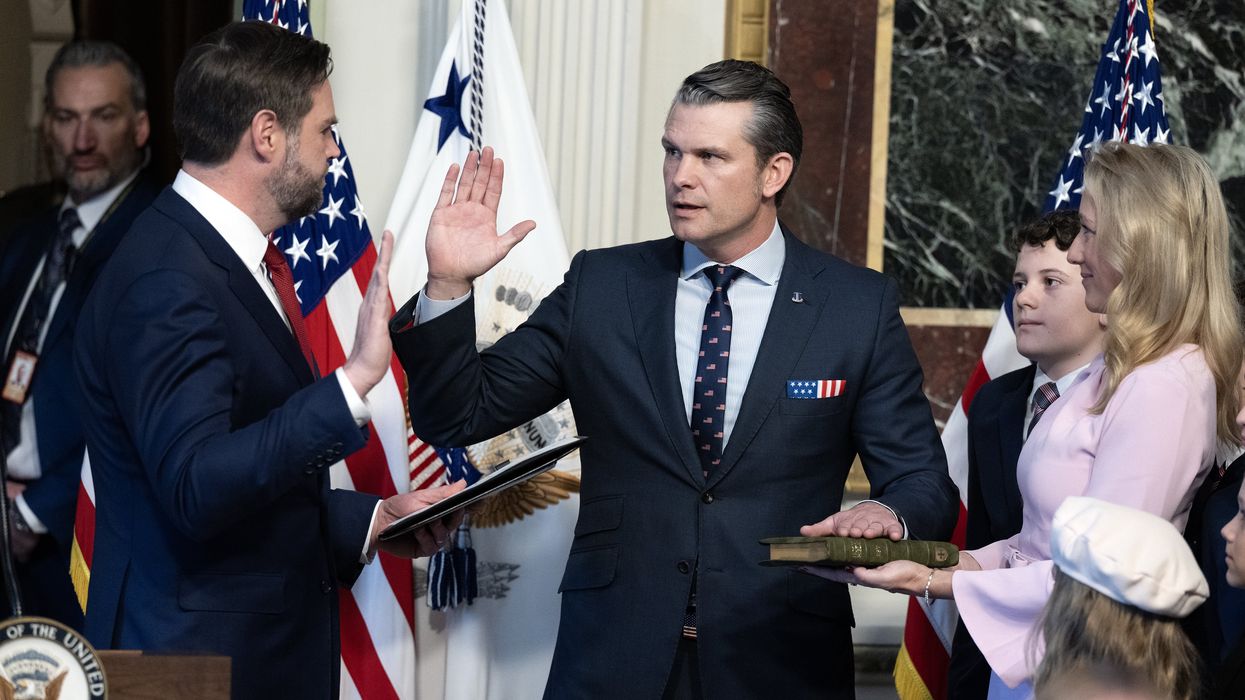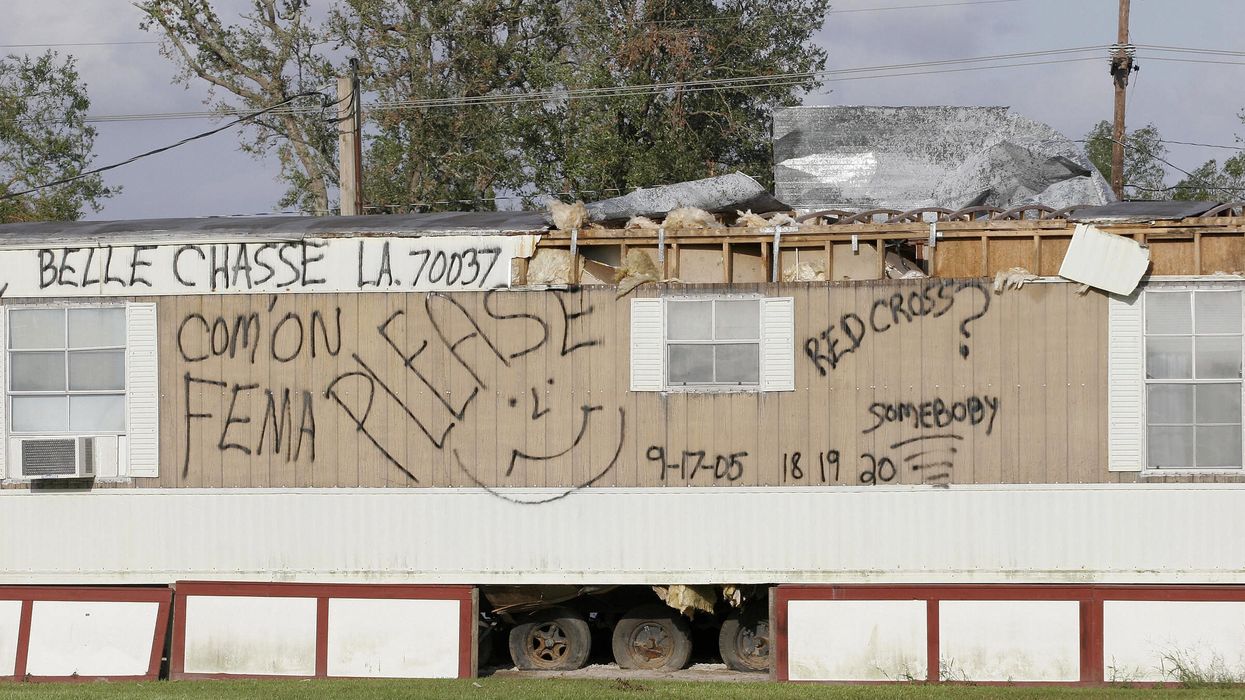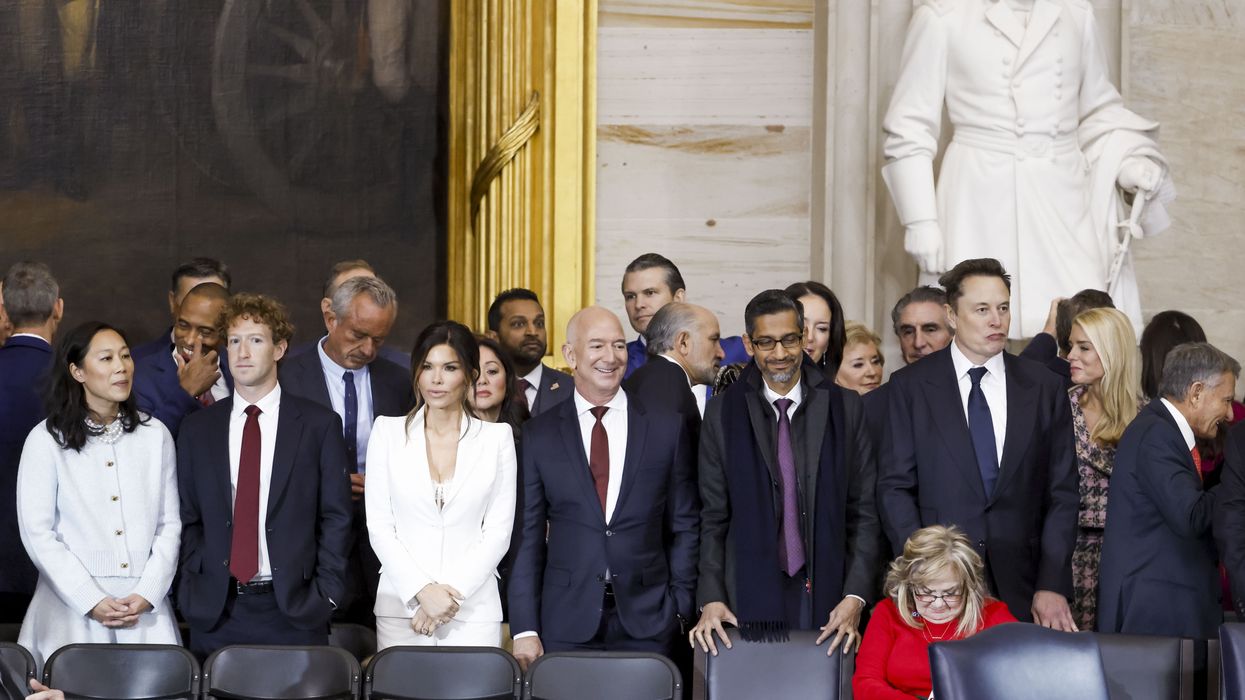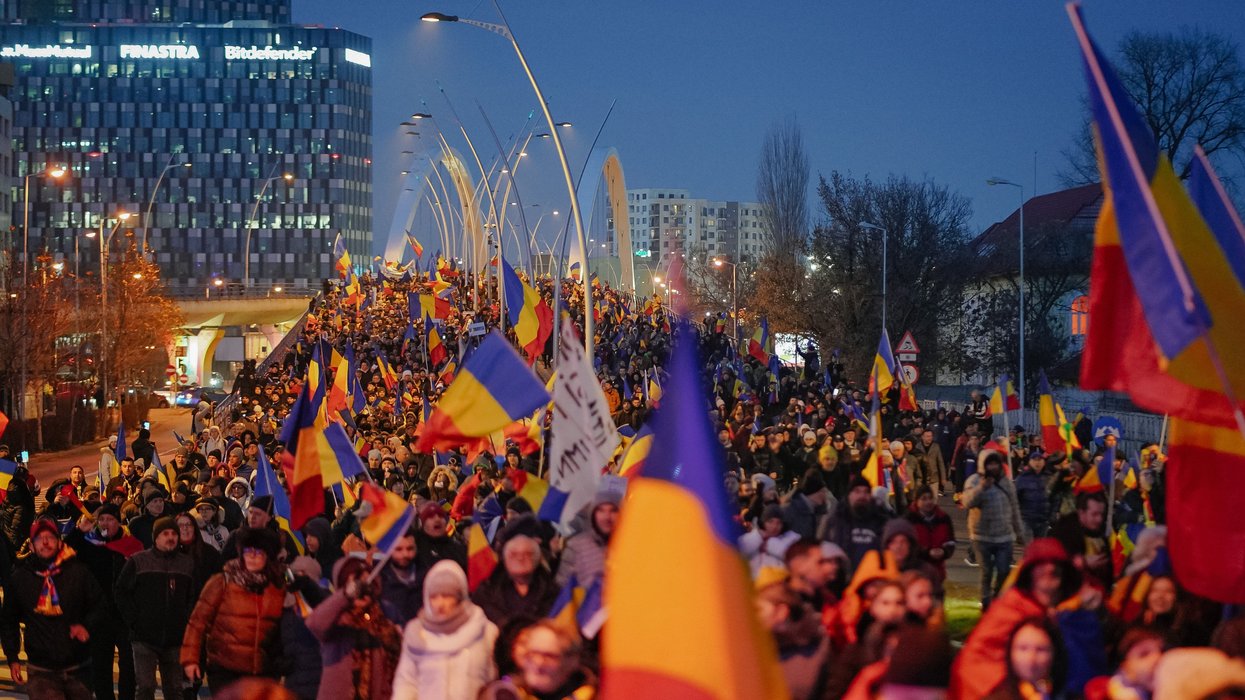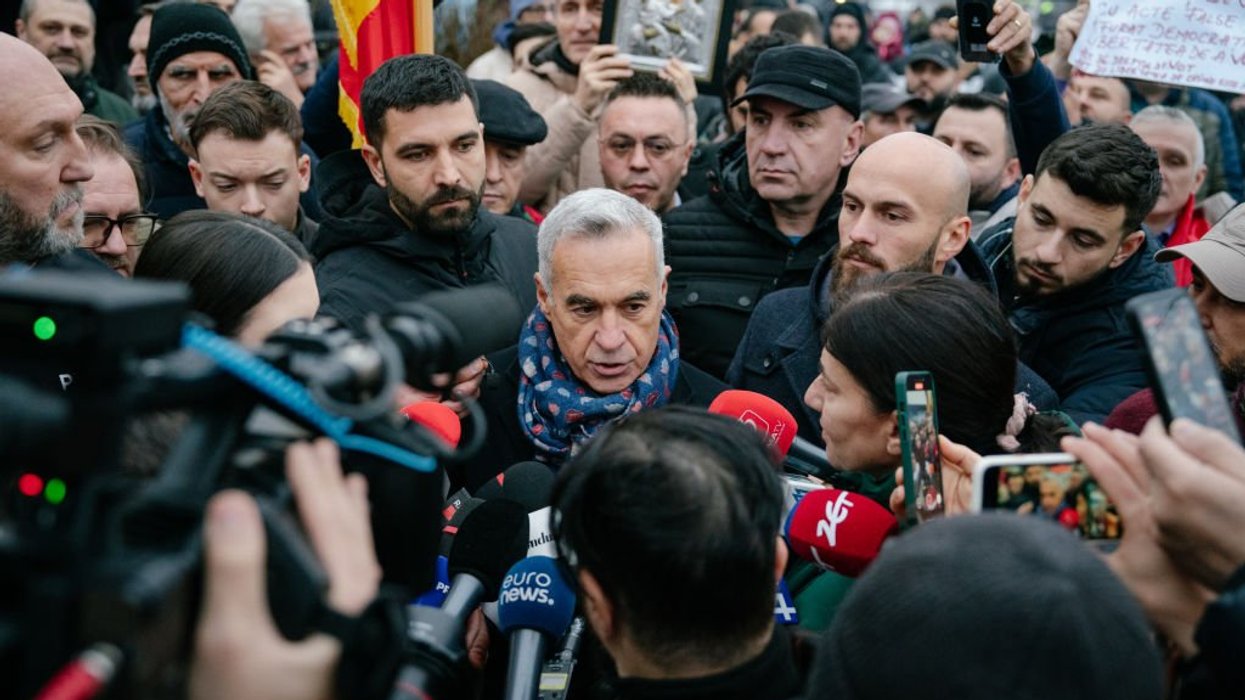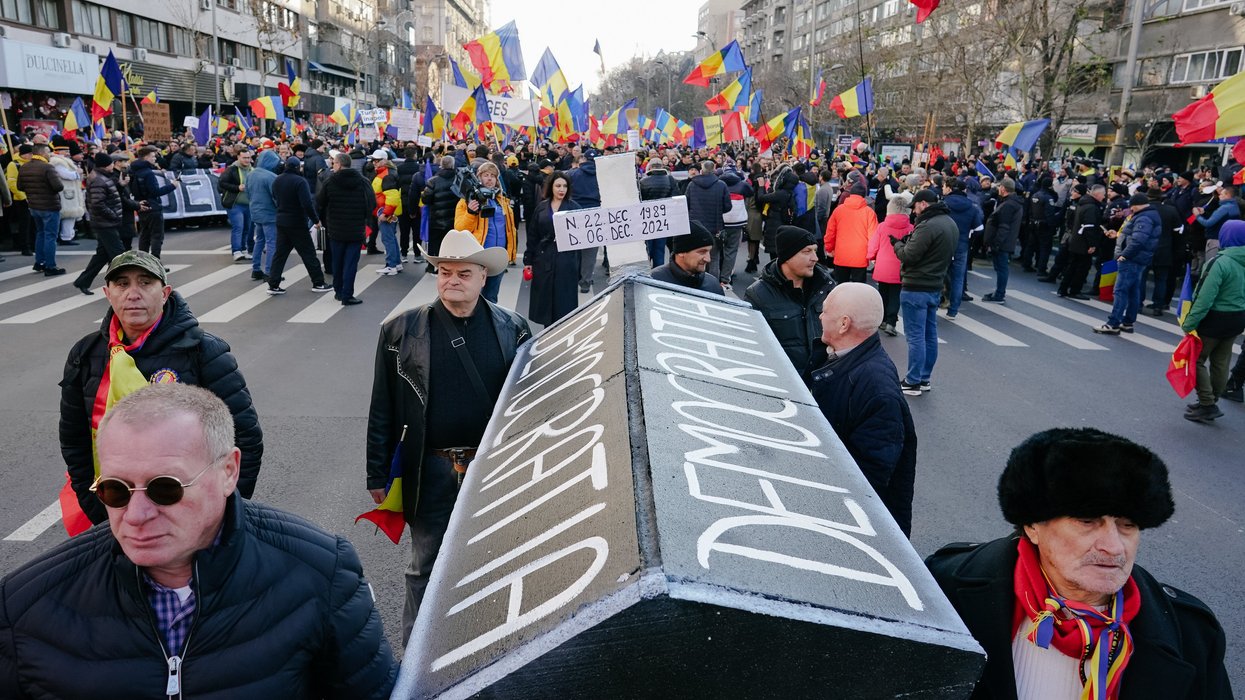Exclusive Live & On Demand Coverage of Restoring Love Available Now on GBTV Plus - Click for Details
On July 28th, over forty thousand people came from across the country to Dallas, TX to participate in the Restoring Love event. The slate of activities over three days included the conservative conference FreePAC, an evening of religious speakers at “Under God: Indivisible”, and the unprecedented “Day of Service” where attendees went out in the Dallas – Ft. Worth area to serve their fellow man. Mercury One, the charity organization that organized the week of activities, also loaded up over a dozen tractor trailers with food to be sent out to cities in need across the country. All of these events culminated in Saturday’s main event at Cowboys Stadium, an evening of music, history and inspiration that celebrated the service done over the week as well as what attendees could do to take these lessons back to their community in order to restore America.
The evening was marked by a shift in format and tone for Glenn. It was something he had never done before, and something that most were probably not expecting. His speech was spoken word, with music performances between each speech. Glenn was accompanied by composer Clyde Bawden.
The evening opened with a stirring rendition of “The Star Spangled Banner” by Alex Boye, and soon Glenn was on stage welcoming the crowd.
“I wanted to tell you how we got here. Because when it started I didn’t know,” he told them.
He proceeded to run through the past three summers, reflecting on how the Restoring Honor, Restoring Courage, and Restoring Love events all fit together.
“To have honor, you must be true to God. Our rally in Washington was about prayer. To have honor, you must have faith,” he explained.
“Courage is critical if you want truth. We went to Israel because they have courage,” he explained.
He then turned to the night’s Restoring Love event.
“What is Love? It’s not just hugs and kisses. Love is service. Love is charity. To restore our purpose as a nation. To remember who we are. America is great because Americans are good. We don’t need somebody else to tell us how to give charity, how to show love. We know. We will be the shelter from the storm, so they won’t be alone.”
His opening remarks were followed by Matt Maher’s performance of “Hold Us Together”, the theme song for the event.
For two hours, Glenn spoke with musical performances woven in between his remarks. He spoke about the importance of history, of faith, and reconnecting with the past. He brought out historical documents and artifacts, including an exact replica of the Liberty Bell from Philadelphia and the color study of Arnold Friberg’s “Prayer at Valley Forge”.
And while it would be hard to top some of the amazing history that Glenn showcased during the event, the real highlight of the evening was the celebration of Friday’s “Day of Service” event.
After a moving montage of photos from the event accompanied by Rebecca Pfortmiller’s performance of “Look for the Silver Lining,” Glen took the stage for his keynote speech.
Read the full speech HERE
Anyone expecting a political rant or attacks against the administration would have been disappointed with the message Glenn delivered to his loyal fans.
The speech was in many ways the culmination of the new direction Glenn had taken since leaving mainstream cable news last year. Rather than rally the audience against something, Glenn advocated that they be for something. He called for them to reconnect with history, to go out and create art and music, and most importantly to serve their fellow man.
“Doesn’t it feel good to do the work? Just stop whining and roll up your sleeves!” he said.
“One million meals have just left the stadium. We’re feeding the hungry in 11 cities. There are churches that can worship again when it rains because we – YOU – put a roof up,” he said.
As Clyde Bawden played underneath his words, Glenn turned his attention to the culture.
“This whole event is about you. We did this for you. It’s about what you watch on TV it’s about your music, movies and school. It’s about your America, the America we are building for you. Right now,” he told the audience.
The focus on building America was a major theme in the speech, as he spoke of America as an inheritance, one that has to be understood, respected, cherished, and invested.
“The America we have today is what someone else created for us. We inherited America - this America - from our parents and grandparents.
“What we have, they built,” he said.
“We can’t be blamed for what they did wrong. And we can’t take credit for what they did right.”
“We didn’t fight their wars. We didn’t march with them. We didn’t build the schools. That was done for us. And we will do that for our children. That’s how an inheritance works.”
“You can’t control what you get from your parents, but you can shape what you leave behind. If you get an inheritance you can improve on it, or you can spend it.”
He continued, “We don’t have to spend our inheritance. We can build on it. Invest it. Improve it. Make it bigger and better. That’s your choice. It’s our choice. Our inheritance is America.”
Glenn charged the audience with a mission: to commit to making America better than it is today and to improve on the inheritance passed down to the next generation.
“Every generation of America faces this challenge,” Glenn told the audience. “Those who have failed, failed because they waited for someone else to act.”
Glenn said people need to make a choice: are you an American who liked to be pushed, or an American who wants to push themselves.
“I think there are two kinds of Americans. Those who like to be pushed. And those who push themselves. Those who see our problems and refuse to see our blessings. And those who see our problems as our blessings,” he explained.
Glenn spoke of men throughout history who have been Americans that “pushed themselves”. Men like Lincoln, Washington, and Martin Luther King, Jr.
He also spoke of baseball player Honus Wagner, who didn’t smoke and when a cigarette ad was placed on his baseball card, he stopped production because he didn’t want kids buying cigarettes to get his card.
“He didn’t want his name next to something he opposed,” Glenn said. “He refused to bend.
As he came to a close, Glenn spoke of Americans willingness and desire to help one another, if only given the opportunity without regulatory interference.
“We are not a selfish people. We are selfless. You are the living proof of this. You are living proof that Americans are good. Americans are still people of action. Americans want freedom. Americans want justice. We want love.”
“And here’s the thing: There are millions of you. Millions just like you. Millions ready to act. Ready to take up the struggle. Ready to commit, to activate, to live it, to create and to restore love to America.”
“We will not let go. We will not give up,” Glenn said.
“I know this: America is not done.”
“And if you are watching this broadcast in a distant foreign land and looking for American weakness. Looking for surrender. Look at this crowd! And know that we are putting you on notice.”
“Witness the Third Great Awakening! Your time has passed, and our time has just begun!”
“Let this be the beginning. Commit and declare it for all to hear. For those who count us out - are counting on one weekend of action, one weekend of speeches, one weekend, one day - let this be the first of many.”
“It’s not over. We have not yet begun to restore ourselves and reclaim our country.”
Glenn closed the speech reading from the Gettysburg address:
The world will little note, nor long remember what we say here, but it can never forget what they did here. It is for us the living, rather, to be dedicated here to the unfinished work which they who fought here have thus far so nobly advanced. It is rather for us to be here dedicated to the great task remaining before us -- that from these honored dead we take increased devotion to that cause for which they gave the last full measure of devotion -- that we here highly resolve that these dead shall not have died in vain -- that this nation, under God, shall have a new birth of freedom -- and that government of the people, by the people, for the people, shall not perish from the earth.
“That is our charge. That is our duty. That is our blessing,” Glenn said. “With malice toward none and charity toward all.”
“Let us tonight restore love - for love will hold us together. Love will make us a shelter from the storm. I will be my brother’s keeper.”
“The world will know once again that they are not alone. The Americans again have arrived. With honor, courage, and love.”
As he ended his speech, Glenn was joined on stage by all of the evenings performers: Alex Boye, Kalai, Kevin Kern, Kari Jobe, Kim Harley, Clyde Bawden and Matt Maher for an explosive reprise of “Hold Us Together”.

